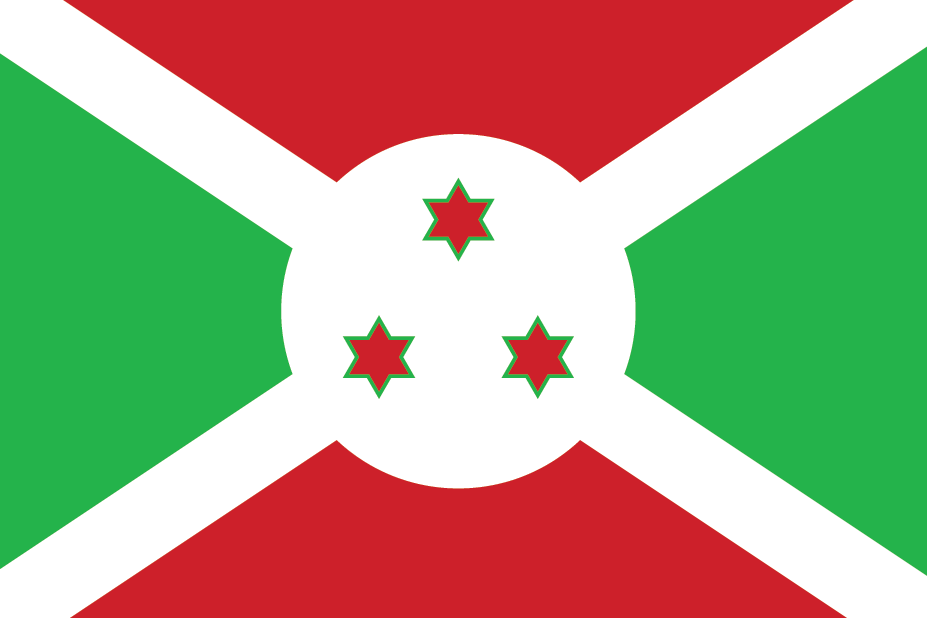
Sustainability Efforts
Country: Burundi
Explore sustainability efforts in Burundi. The United States Environmental Protection Agency (“EPA”) said it well when they state:
“Sustainability is based on a simple principle: Everything that we need for our survival and well-being depends, either directly or indirectly, on our natural environment. To pursue sustainability is to create and maintain the conditions under which humans and nature can exist in productive harmony to support present and future generations.”
About Burundi
Burundi, a small East African nation, is rich in cultural heritage, especially in music and dance like the traditional drumming of the “Ingoma.” Primarily agricultural, it faces socio-economic issues including poverty and food insecurity. Despite the tumultuous political history and ongoing instability, Burundi’s resilient spirit continues to push towards peaceful progress. Sustainability efforts in Burundi will enhance the country’s future.
Sustainability Efforts
Toggle each button below to “open” and “close” the presented data.

Poverty: Burundi is one of the poorest countries in the world, with about 65% of its population living below the poverty line. The government, in collaboration with international organizations, is implementing various poverty reduction strategies, focusing on sectors like agriculture, which employs about 90% of the population.

Hunger: Burundi faces a significant challenge with hunger, with about 56% of its population suffering from chronic malnutrition. The World Food Program is providing food assistance to vulnerable populations and supporting the government in strengthening its ability to ensure food security.

Healthcare: Burundi's healthcare system faces many challenges due to limited resources and a high burden of diseases. Despite this, efforts are being made to improve healthcare delivery, including donor-funded programs to combat malaria, HIV/AIDS, and other infectious diseases.

Education: The government of Burundi has made education a priority, providing free primary education. International organizations, such as UNICEF, are supporting efforts to improve the quality of education and increase school enrollment rates.

Gender Equality: Progress is being made towards gender equality in Burundi, with women making up more than 36% of the National Assembly. The government has also adopted a National Gender Policy to promote women's rights and gender equity.

Clean Water Sanitation: Access to clean water and sanitation remains a challenge in Burundi. The government, with support from international partners, is implementing water and sanitation projects to improve access to these essential services.

Affordable Clean Energy: Burundi has significant potential for renewable energy, particularly hydropower and solar energy. The government is working with international partners to explore these opportunities and increase access to affordable, clean energy.

Economic Growth: Burundi's economy faces significant challenges, including a reliance on subsistence agriculture and vulnerability to climate change. The government is implementing strategies to diversify the economy and promote sustainable growth.

Industry Innovation: Innovation in Burundi is fostered through initiatives like the Burundi Innovation Hub, which provides a space for young entrepreneurs to develop their ideas and contribute to the country's economic development.

Reduced Inequalities: Reducing inequality is a significant challenge in Burundi. The government, with support from international partners, is working to promote social inclusion and reduce disparities through various social protection programs.

Sustainable Cities: Burundi is working towards sustainable urban development. The government is implementing urban planning strategies to promote sustainable growth and improve living conditions in its cities.

Responsible Consumption and Production: Burundi is taking steps to promote responsible consumption and production. This includes efforts to promote sustainable agricultural practices, which are crucial for the country's economy and food security.

Climate Action: Burundi is vulnerable to the impacts of climate change, and the government is implementing various measures to mitigate these risks. This includes reforestation efforts and the promotion of climate-smart agricultural practices.

Aquatic Environment: Despite being a landlocked country, Burundi is home to significant freshwater resources, including Lake Tanganyika. The government is working to protect these resources and promote sustainable management practices.

Natural Environment: Burundi's natural environment, particularly its forests, are under pressure from deforestation and climate change. The government is implementing measures to protect its biodiversity and promote sustainable land management.

Peace and Justice Institutions: Following years of civil conflict, Burundi is working to strengthen its institutions and promote peace and justice. This includes efforts to promote reconciliation and enhance the capacity of its justice system.

Partnerships for the Goals: Burundi is an active participant in international partnerships. It collaborates with various international organizations, including the United Nations and the African Union, to achieve sustainable development goals.



